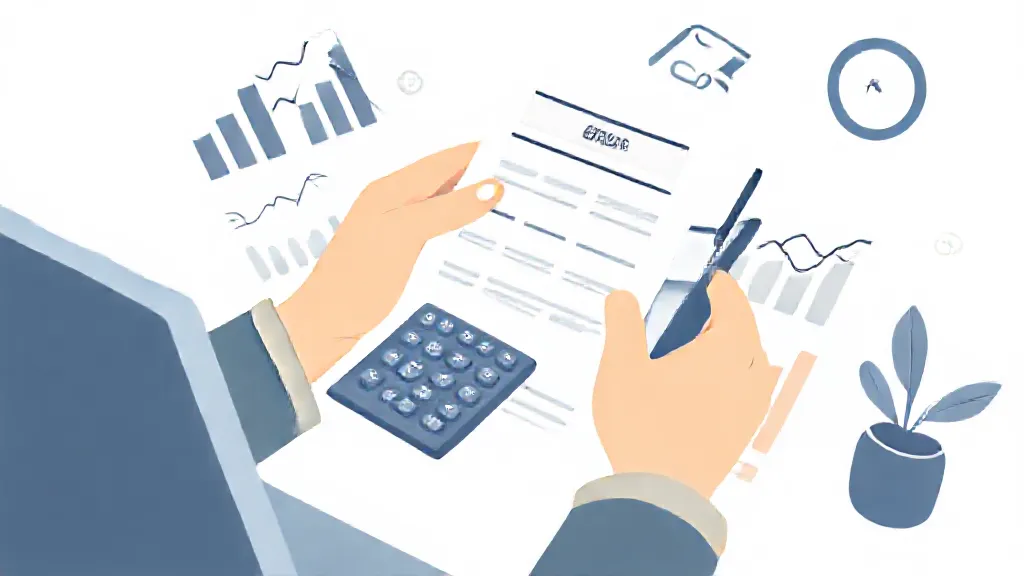In the realm of personal finance, understanding how to legally reduce tax burdens is crucial for maximizing your financial health. Taxation can take a significant bite out of your income, but with the right strategies, you can minimize your liabilities. This article explores various methods to achieve this goal, ensuring that you remain compliant with tax laws while keeping more of your hard-earned money.
Understanding Tax Deductions and Credits
Tax deductions and credits are two primary tools that taxpayers can utilize to reduce their taxable income. Deductions lower your taxable income, which in turn reduces the amount of tax you owe. For example, if you have $50,000 in income and $10,000 in deductions, you will only be taxed on $40,000.
On the other hand, tax credits directly reduce your tax bill. For instance, if you owe $5,000 in taxes and qualify for a $1,000 tax credit, your liability drops to $4,000. Familiarizing yourself with available deductions, such as those for mortgage interest, student loans, and medical expenses, can significantly impact your tax situation.
Maximizing Retirement Contributions
One effective way to reduce your tax burden is by maximizing contributions to retirement accounts. Contributions to traditional IRAs and 401(k) plans are often tax-deductible, meaning they reduce your taxable income for the year you contribute. For example, if you contribute $6,000 to an IRA, your taxable income decreases by that amount.
Additionally, the funds in these accounts grow tax-deferred until you withdraw them in retirement, allowing you to save on taxes both now and in the future.
Leveraging Health Savings Accounts (HSAs)
Health Savings Accounts (HSAs) are another excellent tool for reducing tax burdens. Contributions to HSAs are tax-deductible, and the funds can be used tax-free for qualified medical expenses.
Furthermore, any money left in the account can grow tax-free, providing a triple tax advantage. For individuals with high-deductible health plans, HSAs offer a strategic way to save for healthcare costs while also lowering taxable income.
Utilizing Tax-Advantaged Investments
Investing in tax-advantaged accounts, such as Roth IRAs and 529 college savings plans, can also help reduce tax burdens.
While contributions to Roth IRAs are made with after-tax dollars, qualified withdrawals in retirement are tax-free, providing significant tax savings. 529 plans allow you to save for education expenses with tax-free growth and withdrawals, making them an excellent option for families planning for college costs.
Understanding Capital Gains and Losses
Taxpayers can also strategically manage capital gains and losses to minimize their tax liabilities.
Long-term capital gains, which apply to assets held for more than a year, are typically taxed at a lower rate than ordinary income. Conversely, if you have capital losses, you can use them to offset gains, reducing your overall tax burden. For example, if you made a $10,000 profit on one investment but lost $4,000 on another, you would only be taxed on a $6,000 gain.
Taking Advantage of Business Deductions
For self-employed individuals and business owners, understanding and utilizing business deductions is essential. Expenses related to operating your business, such as office supplies, travel, and even home office deductions, can be deducted from your taxable income. This not only lowers your tax burden but also encourages business growth and investment in your enterprise.
Consulting a Tax Professional
Navigating the complexities of tax law can be daunting, which is why consulting a tax professional is often advisable. Tax professionals can provide personalized advice based on your financial situation, helping you identify opportunities for deductions and credits that you may not be aware of. They can also assist in tax planning, ensuring that you make informed decisions throughout the year to minimize your tax liabilities.
Staying Informed on Tax Law Changes
Finally, staying informed about changes in tax laws is crucial for effective tax planning. Tax laws can change frequently, and new deductions or credits may become available, while others may be phased out. By keeping abreast of these changes, you can adjust your tax strategies accordingly, ensuring that you take full advantage of legal avenues to reduce your tax burden.
In conclusion, reducing tax burdens legally requires a proactive approach and a solid understanding of the tools available to you. By leveraging deductions, credits, retirement accounts, and strategic investments, you can effectively minimize your tax liabilities while remaining compliant with the law. Always consider consulting with a tax professional to tailor these strategies to your specific financial situation and ensure you are making the most of your tax planning efforts.
